It’s relatively easy to identify when a superhero movie is amplifying a single creative voice over the conflicting static noise of studio demands. It’s rare, but sometimes a director comes along who is given the trust and freedom needed to bring their vision to life, and who is passionate about it enough to dare to say no to the people in charge. Stick to it, believe in it, and risk failing instead of producing something generic.
It also helps when these directors are also the people writing the films. That gives them near complete creative control and an attachment to the project that is almost personal, and thus harder to interfere with. Of course, not a lot of people working in the industry are skilled in both directing and writing, and those who are don’t usually go for superhero movies. When they do, though, magic happens.
Most of the critically acclaimed superhero films you can think of follow this rule. Christopher Nolan directed and co-wrote every entry in the Dark Knight trilogy. Todd Philips co-wrote and directed The Joker. Matt Reeves co-wrote and directed The Batman. Ryan Coogler co-wrote and directed Black Panther. Patty Jenkins co-wrote and directed Wonder Woman. James Mangold co-wrote and directed Logan. And James Gunn wrote and directed the Guardians of the Galaxy trilogy.
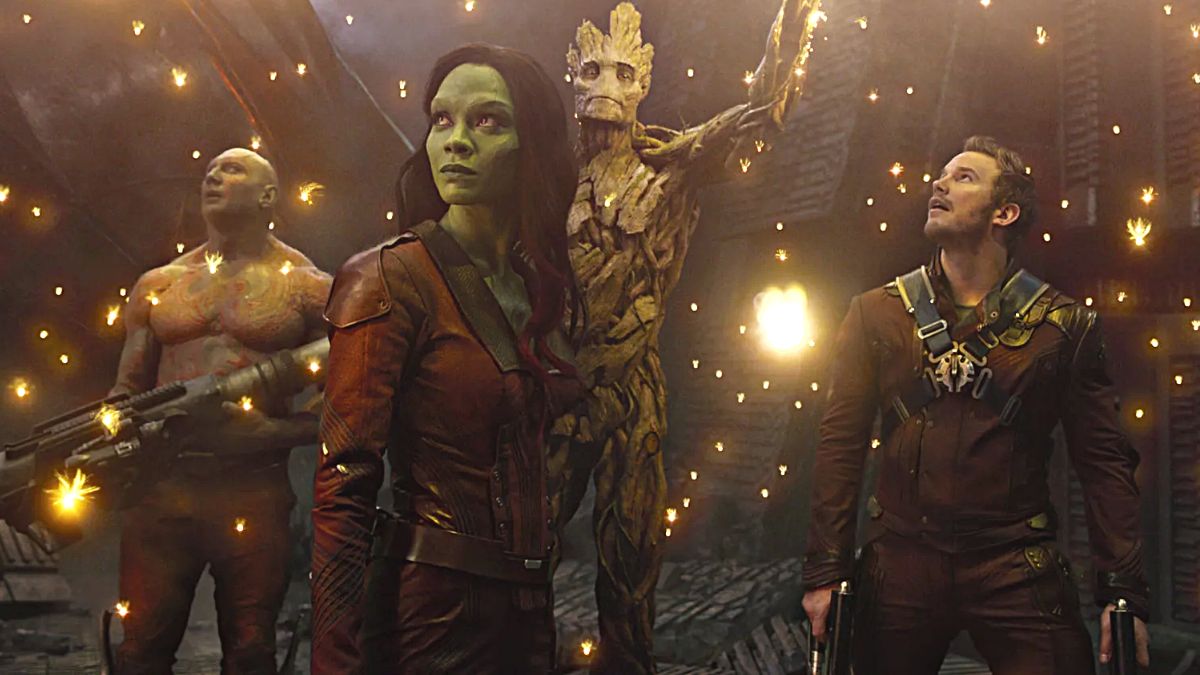
This combination offers a simple answer to the success and quality of these films, but a closer look proves that alone isn’t enough, or Thor: Love and Thunder and Wonder Woman 1984 wouldn’t be as poor as they are. And there are instances like Ragnarok, Deadpool, and most of the films directed by the Russo brothers, where directors and writers differed. Creative freedom is key, but it’s also just the jumping-off point. It’s what you do with it that matters, thus resulting in more chances to do it again. In the superhero world you usually only get one go at it, and if it’s not great, others will take your place.
James Gunn is part of a selective group of people that managed to do it consecutively. This puts him in a position of power that is almost untouchable and which has ultimately landed him the big boss role at DC. In the end, through all the cynicism and greed, Hollywood does reward ingenuity, because, no matter how much they undermind audiences’ ability to tell average from great, by churning out formulaic bid-budget spectacles every few months, the ones that stick the landing will always be the ones made by people who really cared and who were not doing it just for the paycheck. Of course, genuine talent also goes a long way, and Gunn has it in spades.
You only need to listen to him speak about filmmaking — superhero or otherwise — to understand why his films excel, when others fall short. Gunn is a self-proclaimed lover of “toys,” “explosions,” and “cameras.” He told the New York Times in 2021 that he loves “to be able to work on a big playing field,” which means he is genuinely excited about making comic book movies and doesn’t think of them as inferior to other types of filmmaking. This helps. But what seals the deal is the way he approaches storytelling.
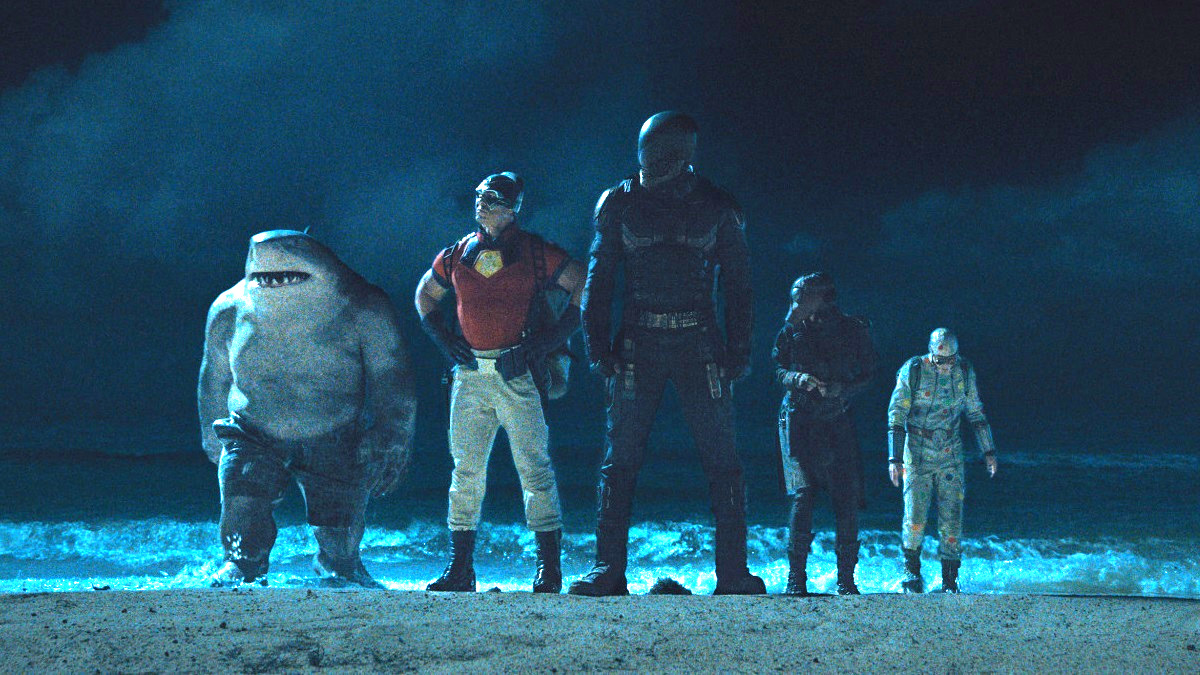
It’s undeniable that the strength of the Guardians trilogy is in its emotional core, which, in turn, is anchored in the characters and, especially, the relationships they share. Speaking to Rolling Stone, Gunn said superhero fatigue, on which many have pinned the underperformance of films like the second Shazam!, Black Adam, Love and Thunder, and Quantumania, has less to do with the genre, and more to do with “the kind of stories that get to be told.” He stressed the importance of story and characters — a truth that seems almost obvious in filmmaking but which frequently gets lost under the rubble of mega concepts like time traveling and multiverse hopping.
“If you lose your eye on the ball, which is character — we love Superman, we love Batman, we love Iron Man, because they’re these incredible characters that we have in our hearts — and if it becomes just a bunch of nonsense on screen, it gets really boring. I get fatigued by most spectacle films, by the grind of not having an emotionally grounded story. It doesn’t have anything to do with whether they’re superhero movies or not. If you don’t have a story at the base of it, just watching things bash each other, no matter how clever those bashing moments are, no matter how clever the designs and the VFX are, it just gets fatiguing, and I think that’s very, very real.”
Gunn is also always thinking about his projects. He compared his creative process to that of a journalist in an interview with El Pais, in the way he’s always “observing and transcribing plots and conversations that never stop in his head.” This aspect can definitely be cultivated, but, ultimately, you either have it or you don’t.
Besides prioritizing story and character, Gunn values originality, as well, and there’s no denying his films have a lot more personality than others in the genre. Unfortunately, that personality can’t be copied or it will no longer be original — it will defeat the purpose. In a 2016 Facebook post talking about the success of Deadpool, Gunn described in a few lines what a superhero film needs to succeed.
“Deadpool was its own thing. THAT’S [sic] what people are reacting to. It’s original, it’s damn good, it was made with love by the filmmakers, and it wasn’t afraid to take risks. For the theatrical experience to survive, spectacle films need to expand their definition of what they can be. They need to be unique and true voices of the filmmakers behind them. They can’t just be copying what came before them.”
This mentality is the driving force behind those considered to be geniuses of filmmaking, or art in general. With superhero tentpoles, the risk is definitely greater, with a lot of money on the line. But can a franchise really survive on “safe” movies? The recent Marvel and DC landscape gives us a big fat “No.” as the answer. It’s clear, now more than ever, that the greater the risk, the greater the reward, and James Gunn just happens to be the superhero creative that best embodies this motto.

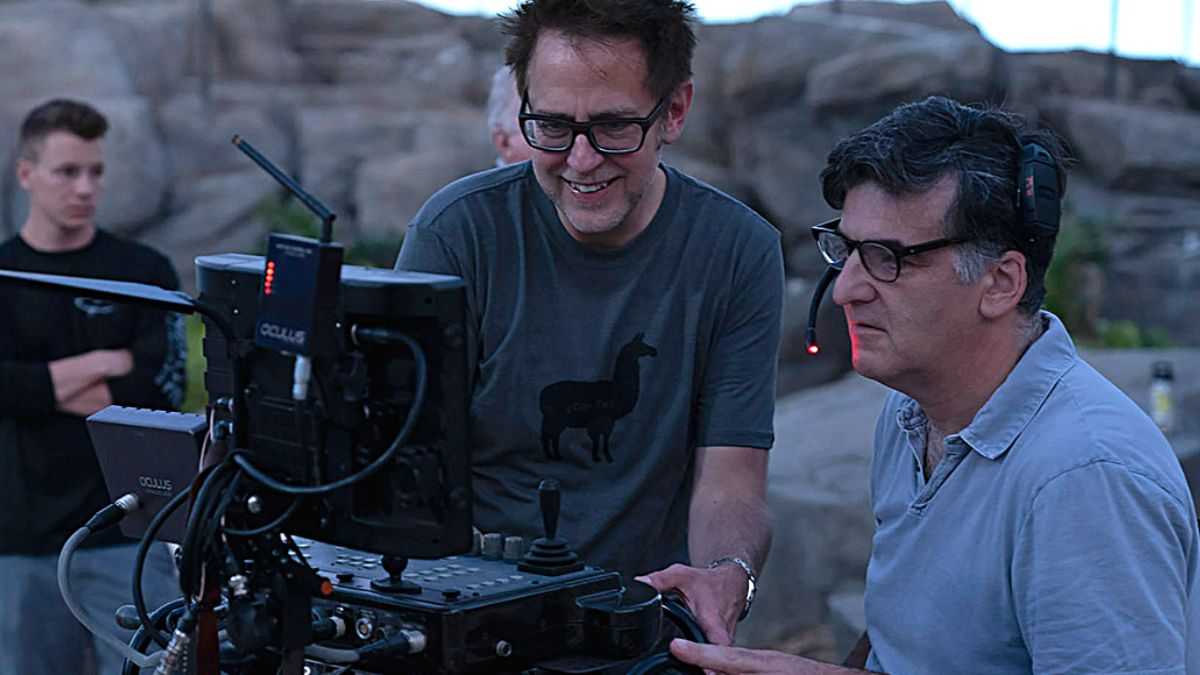
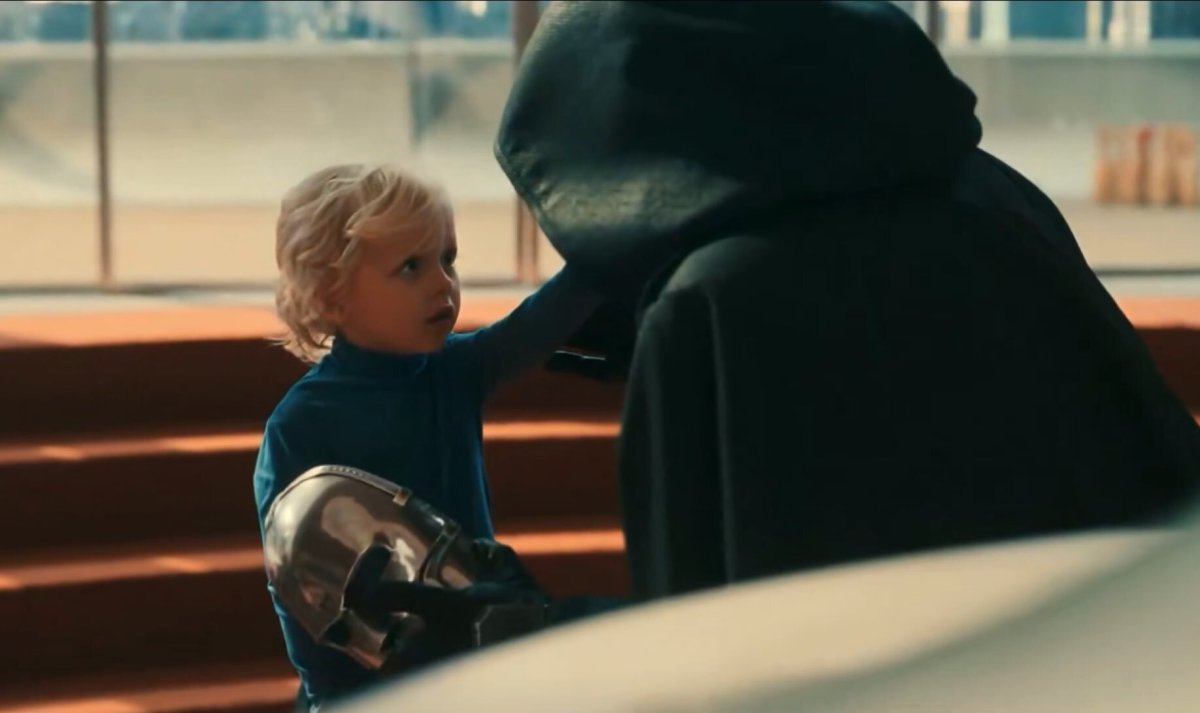
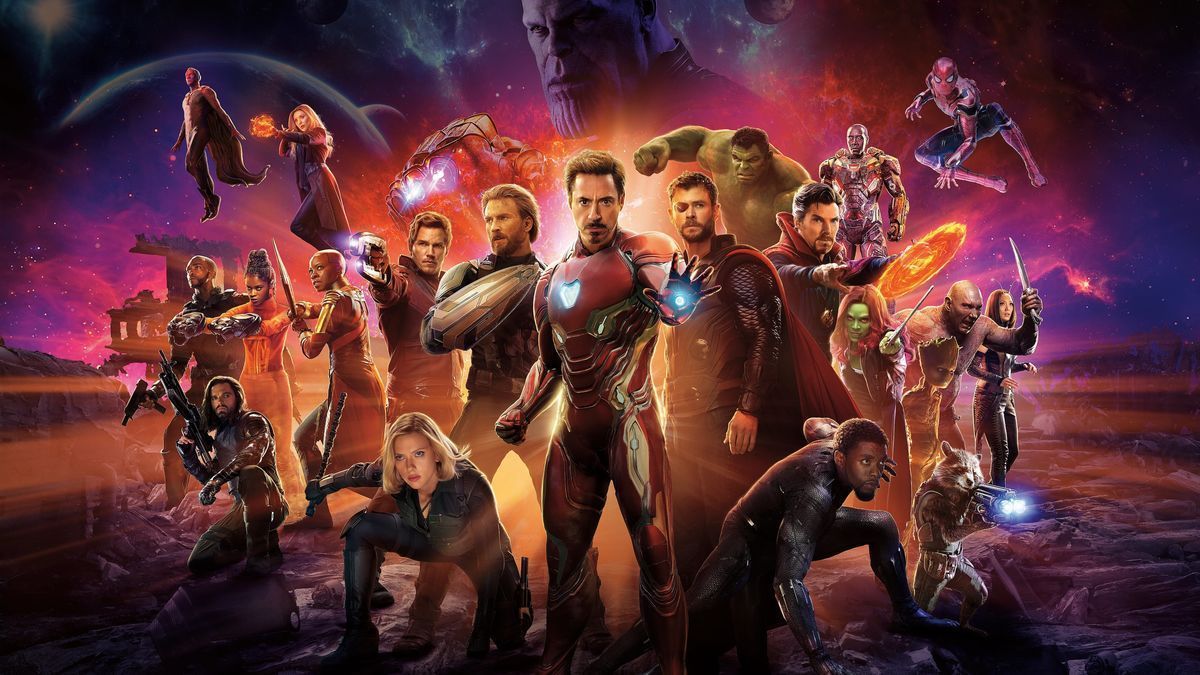
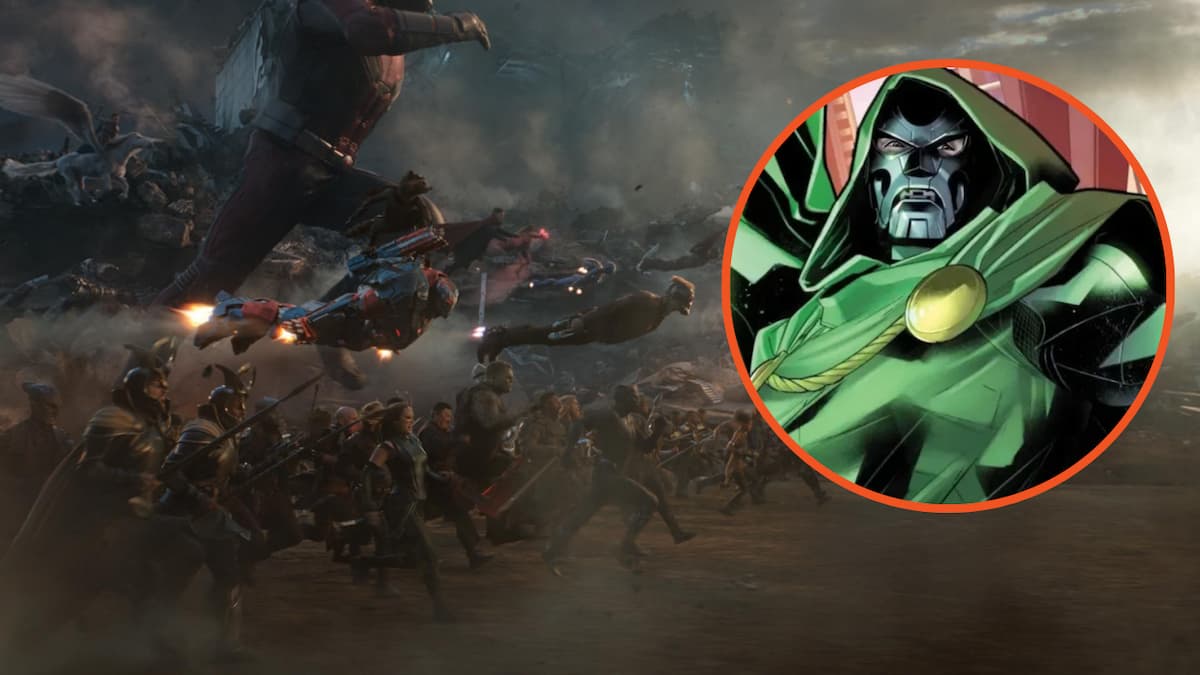
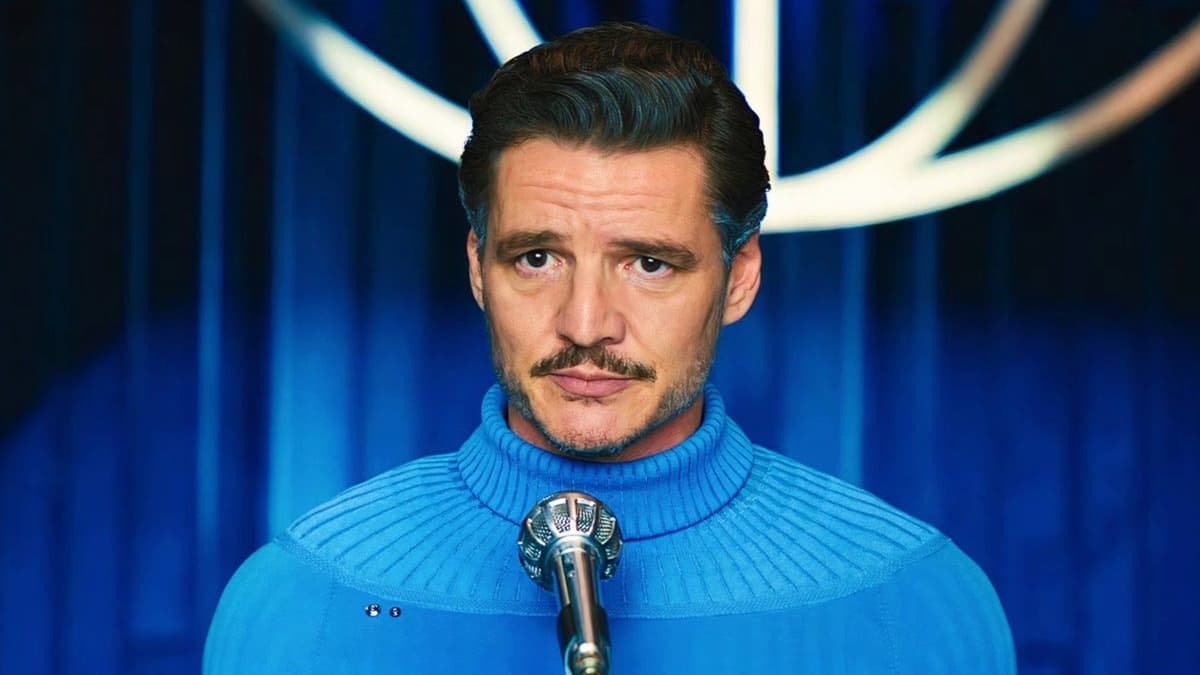
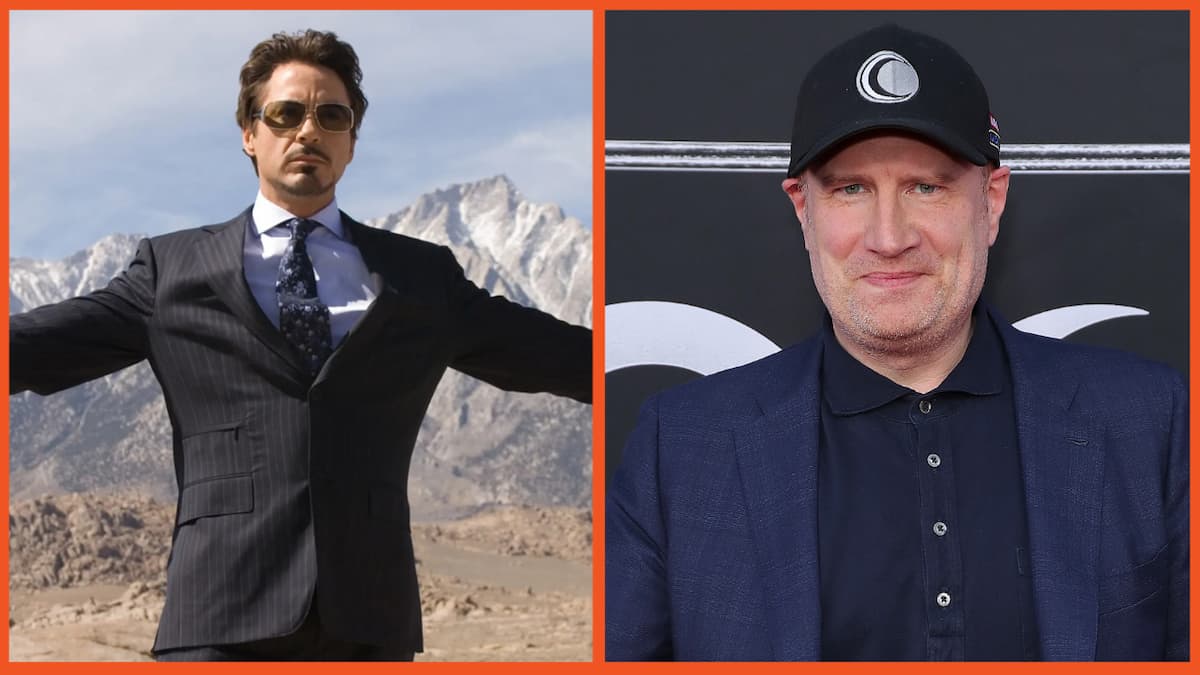
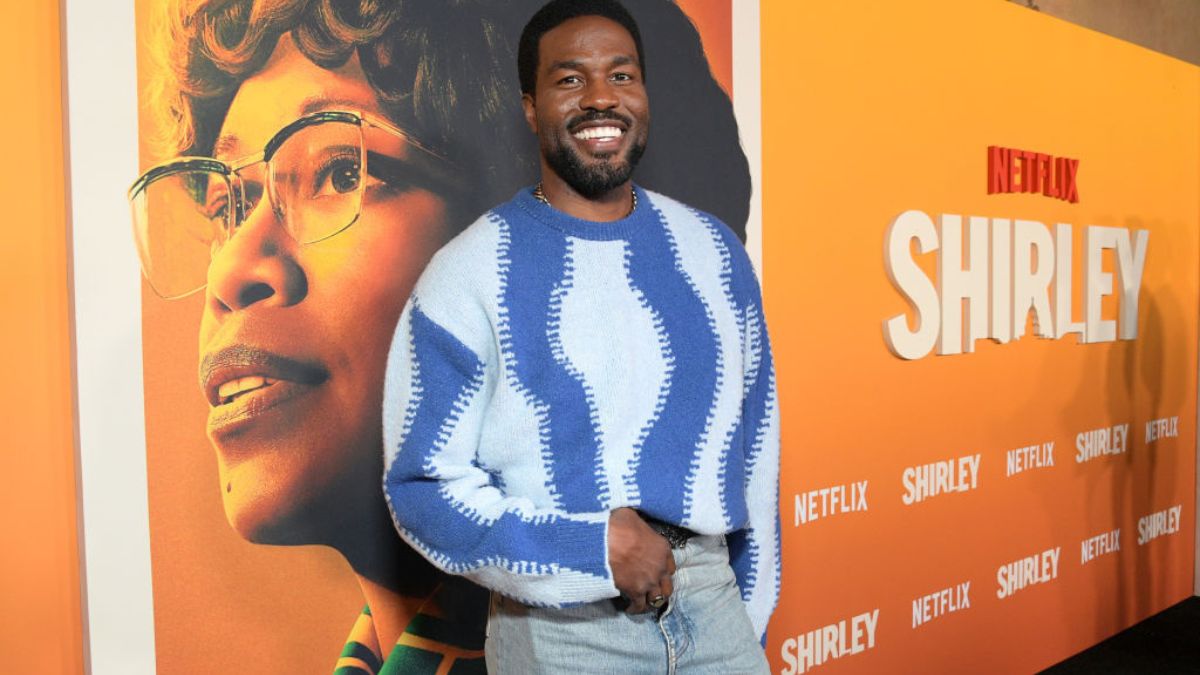
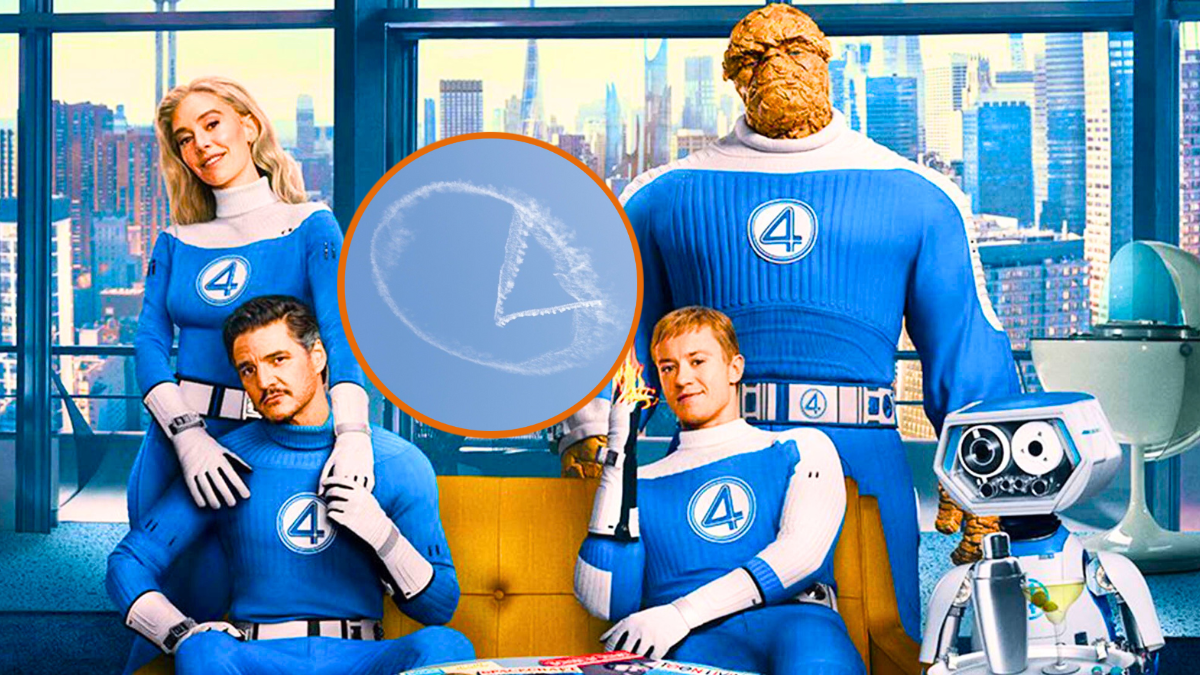
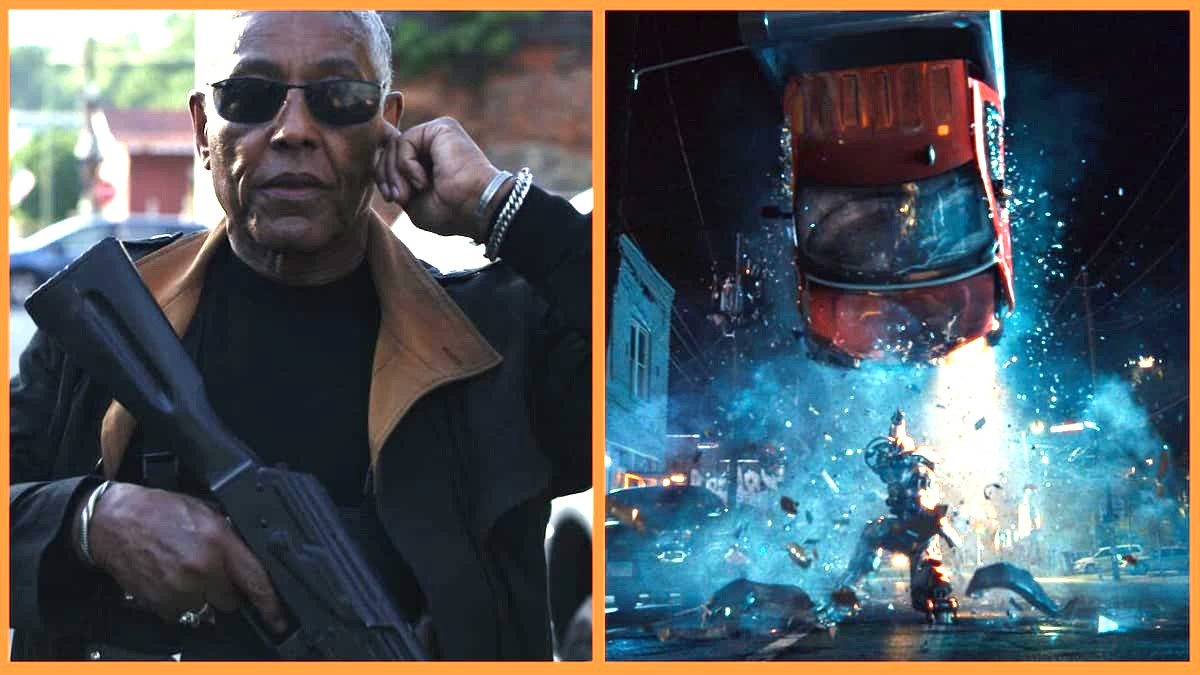

Published: Jun 30, 2023 11:49 am